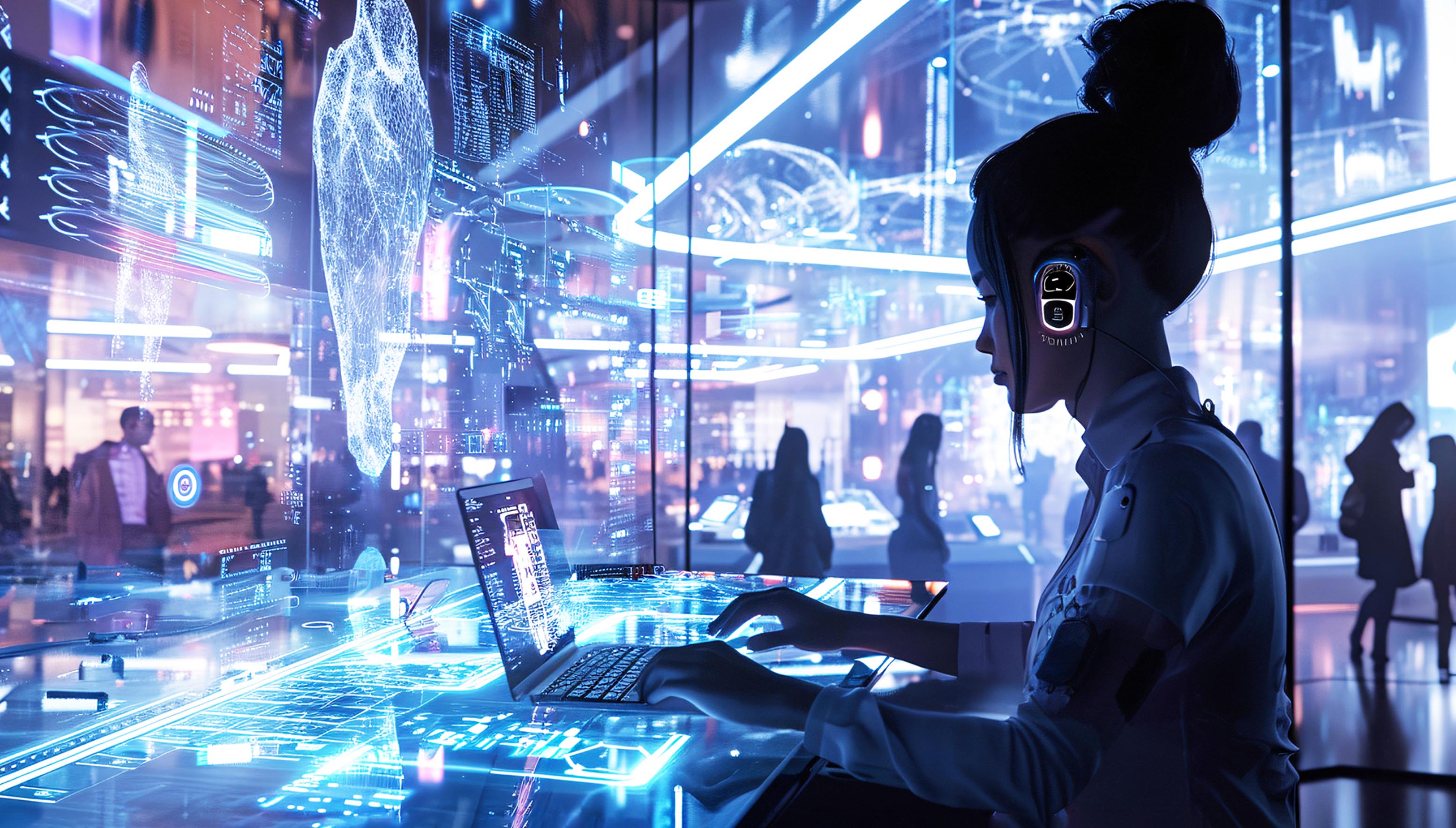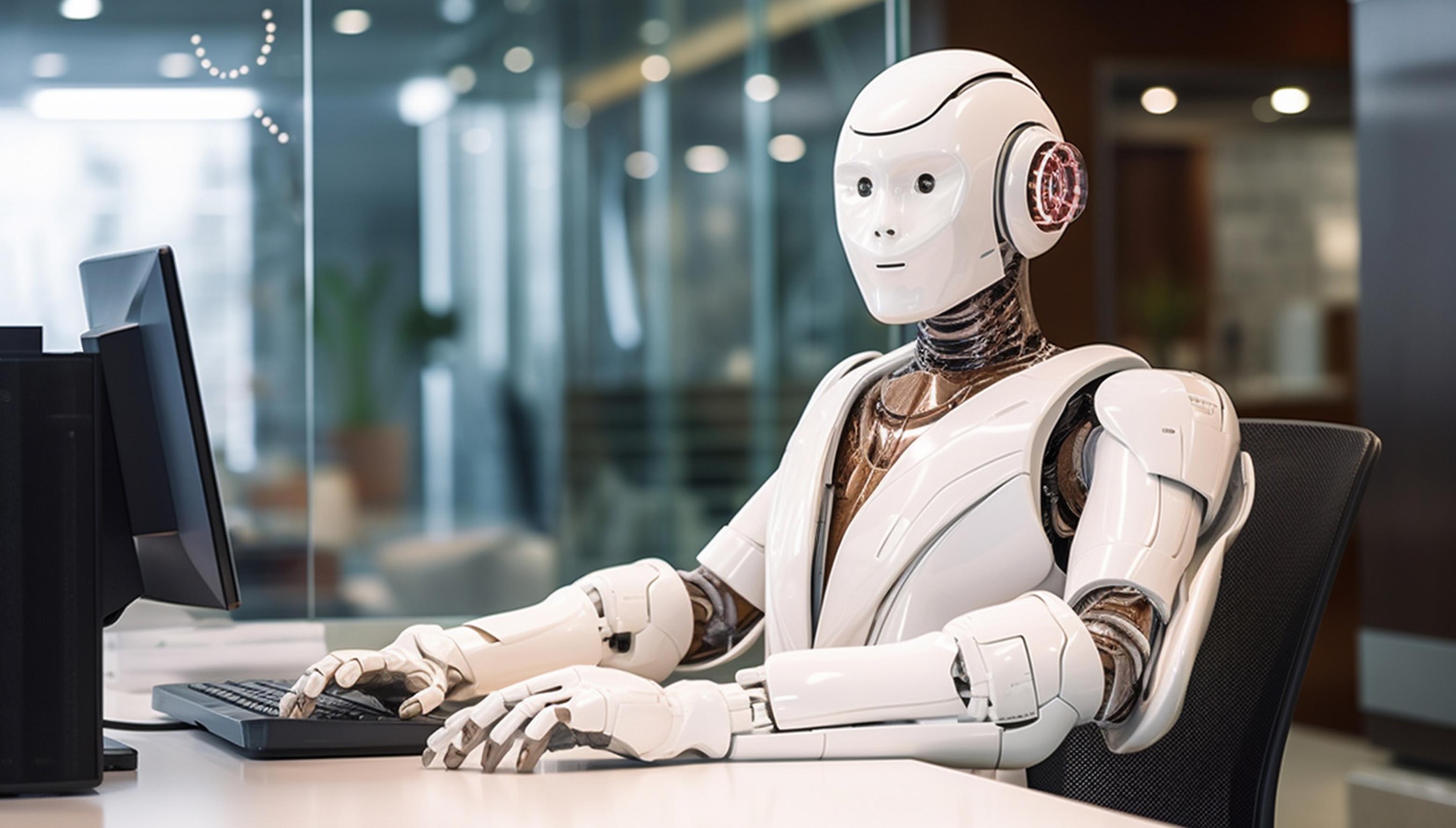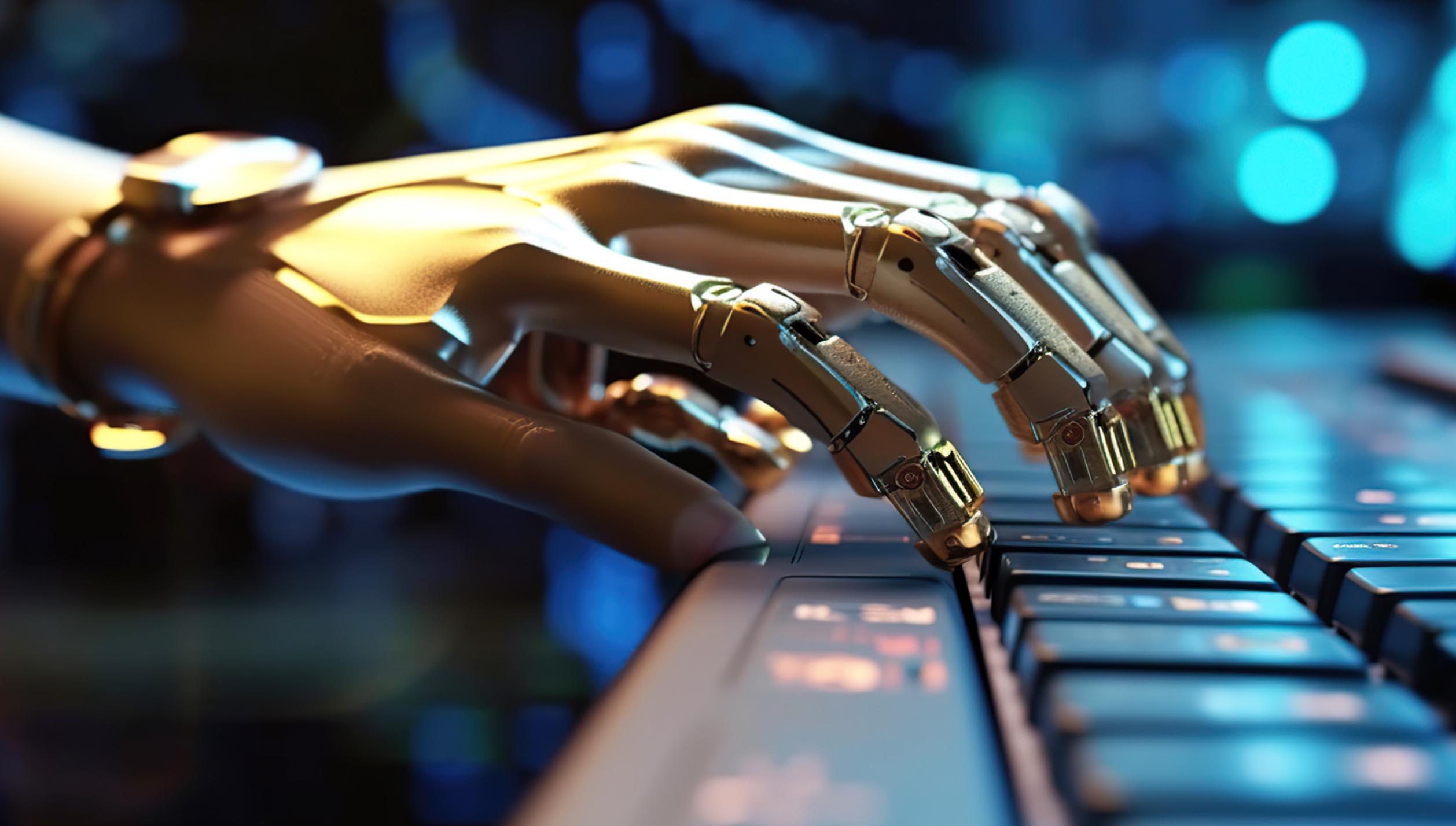The Future of Work: Embracing Change in an Age of Automation and AI

Automation has been steadily automating routine tasks for decades. Now, AI is taking things a step further, with the ability to learn, adapt and perform complex tasks previously thought to be exclusively human. This is leading to automation in sectors like manufacturing, customer service and data analysis. While some jobs will undoubtedly be replaced, many more will be transformed.

A New Era of Skills: What the Future Demands
The future of work will require a shift in the skillsets employers seek. Here are some key areas to focus on:
- Creativity and Problem-Solving: As machines handle routine tasks, human ingenuity will become even more valuable. The ability to think creatively, solve complex problems, and develop innovative solutions will be paramount.
- Critical Thinking and Decision-Making: AI will excel at processing data, but humans will be needed to interpret it, draw conclusions, and make strategic decisions. The ability to think critically, analyze information, and make well-informed judgements will be essential.
- Social and Emotional Intelligence: Automation may handle the technical aspects of a job, but human interaction will remain crucial. Strong communication, collaboration, empathy, and leadership skills will be in high demand for building relationships, motivating teams, and providing exceptional customer service.
- Digital Literacy and Adaptability: The ability to learn new technologies, adapt to changing environments, and embrace lifelong learning will be critical. Workers who are comfortable with technology and possess the skills to learn new things quickly will thrive.
Preparing for the Future of Work: A Proactive Approach
So, how can you prepare for the future of work? Here are some actionable steps:
- Identify Your Transferable Skills: Take an inventory of your existing skills and knowledge. Can these skills be applied to different roles or industries?
- Embrace Continuous Learning: Develop a growth mindset and commit to lifelong learning. There are numerous online courses, workshops and educational resources available to help you develop new skills and stay up-to-date on the latest trends
- Network and Build Connections: Expand your professional network and connect with people in growing fields. Attending industry events and conferences can help you learn about new opportunities and stay ahead of the curve
- Upskill or Reskill: Consider pursuing additional education or certifications to enhance your skillset and make yourself more competitive in the job market

A New Era of Skills: What the Future Demands
The future of work will require a shift in the skillsets employers seek. Here are some key areas to focus on:
- Creativity and Problem-Solving: As machines handle routine tasks, human ingenuity will become even more valuable. The ability to think creatively, solve complex problems and develop innovative solutions will be paramount
- Critical Thinking and Decision-Making: AI will excel at processing data, but humans will be needed to interpret it, draw conclusions and make strategic decisions. The ability to think critically, analyze information and make well-informed judgements will be essential
- Social and Emotional Intelligence: Automation may handle the technical aspects of a job, but human interaction will remain crucial. Strong communication, collaboration, empathy and leadership skills will be in high demand for building relationships, motivating teams and providing exceptional customer service
- Digital Literacy and Adaptability: The ability to learn new technologies, adapt to changing environments and embrace lifelong learning will be critical. Workers who are comfortable with technology and possess the skills to learn new things quickly will thrive










